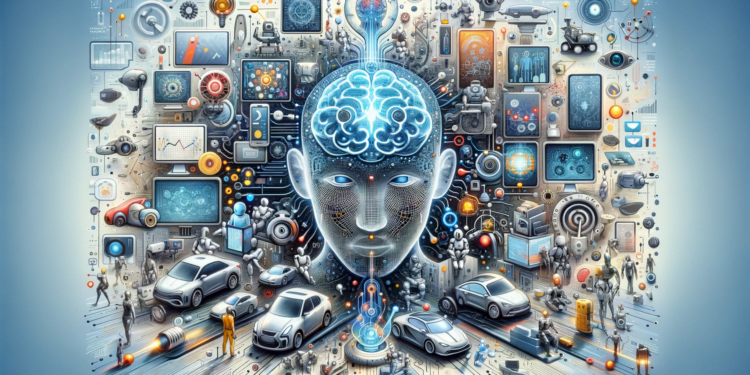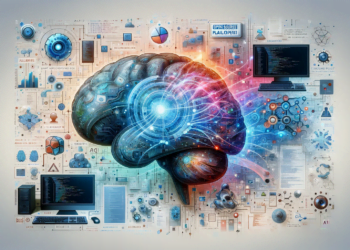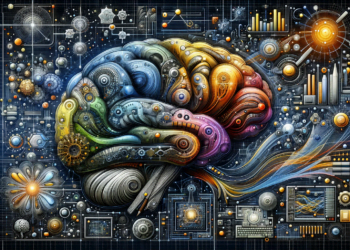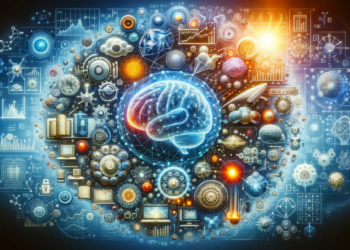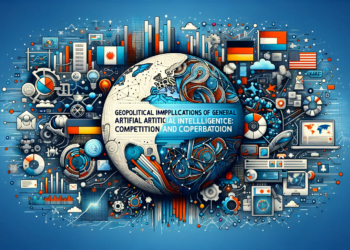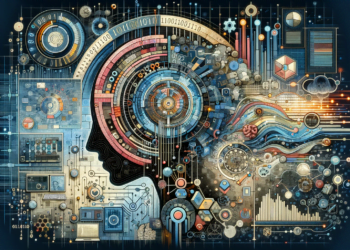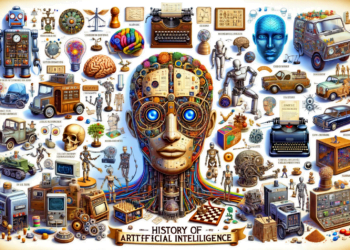General Artificial Intelligence (AGI), also known as AGI (for its acronym in English, Artificial General Intelligence), is defined as the capacity of an artificial intelligence (AI) entity to understand, learn, and apply knowledge and intelligence across a variety of contexts in a manner akin to human cognition. This conceptualization significantly diverges from narrow (or weak) artificial intelligence, which specializes in specific tasks, which makes AGI associated with the adaptability and cognitive flexibility characteristic of human beings.
Due to its intrinsic nature based on abstract reasoning and generalization, AGI poses various challenges both technically and philosophically. At a technical level, the goal of achieving AGI entails transcending the limitations of specialized algorithms, a pursuit that has motivated significant advances in areas such as deep learning, recurrent neural networks, and Long Short-Term Memory (LSTM) capable of handling unprecedented data sequences and contextual learning.
Concurrently, researchers are exploring the concept of deep reinforcement learning, which allows AI agents to optimize their behavior within highly uncertain environments, generating action policies that maximize a long-term reward function. This approach has proven useful for creating agents capable of mastering extremely complex games like Go or online multiplayer games.
The importance of working towards AGI lies in its potential to boost problem-solving at scales currently unimaginable. The applications of AI with generalist skills are vast, ranging from improvements in energy efficiency to the development of personalized therapies in medicine. Furthermore, its capacity to integrate knowledge from various areas could lead to innovations that are beyond our current anticipation, facilitating scientific and technological advancements across countless fields.
However, with enormous potential benefits come significant risks. The relationship between AGI and ethics is inextricable since the ability of machines to perform actions with real-world consequences carries with it the necessity for robust regulations and safety protocols. Ethical reflection and the design of safeguards must be an integral component in the advancement toward AGI, which includes concerns for privacy, data security, and autonomous decision-making.
Current exploration in AGI is not solely a matter of engineering and programming. Computational neuroscience plays a key role, providing models and theories about how the brain processes information, that serve as inspiration for designing AI algorithms. Similarly, AGI development could greatly benefit from big data analysis, which offers the potential for AI to discover patterns and connections that elude the human mind.
A tangible example of advances related to AGI can be found in projects like GPT-3 (Generative Pre-trained Transformer 3), a language model developed by OpenAI that exhibits an impressive capacity to generate coherent and relevant text across a diversity of topics, symbolizing a step toward language comprehension on a broader spectrum. Although it does not achieve true conceptual understanding of the world as a human being would, it set a precedent in flexibility and applicability across various contexts.
Projecting future directions in AGI involves contemplating a transition toward systems that not only mimic but also understand causality, drawing connections between different realms of knowledge through integrated intelligence. The notion of “transfer learning,” where AI would apply learning acquired in one context to completely different problems, is fundamental in this evolutionary process.
In conclusion, General Artificial Intelligence represents the convergence of various disciplines in pursuit of a common goal: the creation of AI systems with autonomy and versatility comparable to that of the human intellect. Even though the journey toward AGI is full of technical and ethical questions, the rewards of achieving such a feat motivate continual exploration and innovation in the vast and exciting domain of artificial intelligence.

